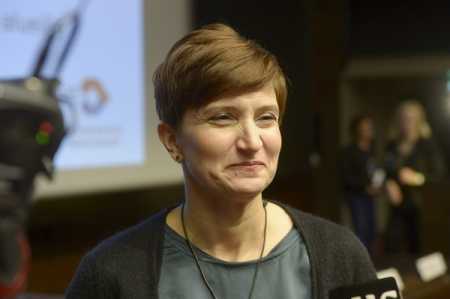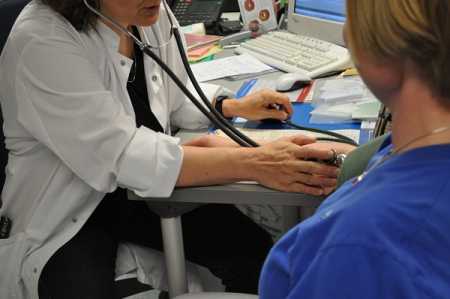
Finland: Political parties reach agreement on new healthcare act

Political parties have reached agreement at the parliamentary level on a national health and social services reform that would better than now ensure services on an equal basis for all residents, Minister for Health and Social Services Susanna Huovinen announced on Tuesday. The final agreement was reached after the conservatives gave up visions that would have been more advantageous to private producers of health care.The act will be submitted to parliament next week and is to be passed during the legislative period.
The reform does not introduce a unified primary care system, but is supposed to improve the service level and competitive edge of public primary care. Finnish municipalities will no longer be responsible for the services, but five national regions will be in charge. So far, not all municipalities have been able to comply with the legal requirement that a patient should get an appointment with a public doctor within three months, while private doctors can be available on a same day basis at least in most urban centres.

The act will have to pass the parliamentary test so that it is constitutionally acceptable. The Finnish law safeguards the independence of municipalities.“Health care belongs to the basic rights of the citizens just as well as the autonomy of municipalities”, Minister Huovinen, a social democrat, underlined on Tuesday. Municipalities will continue financing the system and their payments will be based on the number of inhabitants and their needs. The reform will make the use of resources more efficient through the larger areas and the combination of health care and social services.
The conservatives had wanted wider possibilities for the private sector to get involved in producing publicly funded services. Director-General Kirsi Varhila from the Ministry of Social Affairs and Health told Xinhua that the system will nevertheless offer ample opportunities for private service providers. The actual responsibility for production will be on groups of municipalities. They can use private providers within the public system through service coupons, for example,” she said. The reform pledges to improve public primary care, but does not, at this stage at least, affect the public funding of private care.
In Finnish system, residents wanting to use a private doctor instead of the public system will receive reimbursement of part of their costs. This so-called “multi-channel financing” system has lowered the threshold of using private primary service. Most working age Finns are served by employment based primary health care and have half of their costs paid by the government. Direct public support of private practitioners has amounted to 2.5 billion euros (about 3.1 billion U.S. dollars) in the 20 billion Finnish health budgeting. A working group is currently reviewing the problems related to multi-channel financing. “It is preparing alternatives. Decisions will be taken at the political level,” Ministry Planning Official Kati Hokkanen told Xinhua. The multi-channel financing has also led to administrative opportunism. “A municipality can close a local health centre and residents have to switch to travelling to another at public expense. But the municipality saves money as the cost of using cabs will be reimbursed by the government, not by the municipality,” Hokkanen illustrated.
The health care reform was part of the structural change commitments of the last two governments. Until the compromise between the conservatives and most other parties during the last two weeks, there was speculation that the whole reform would be left for the post 2015 election government.
Pin It





 Follow Us on Twitter
Follow Us on Twitter Be Our Fan on Facebook
Be Our Fan on Facebook














